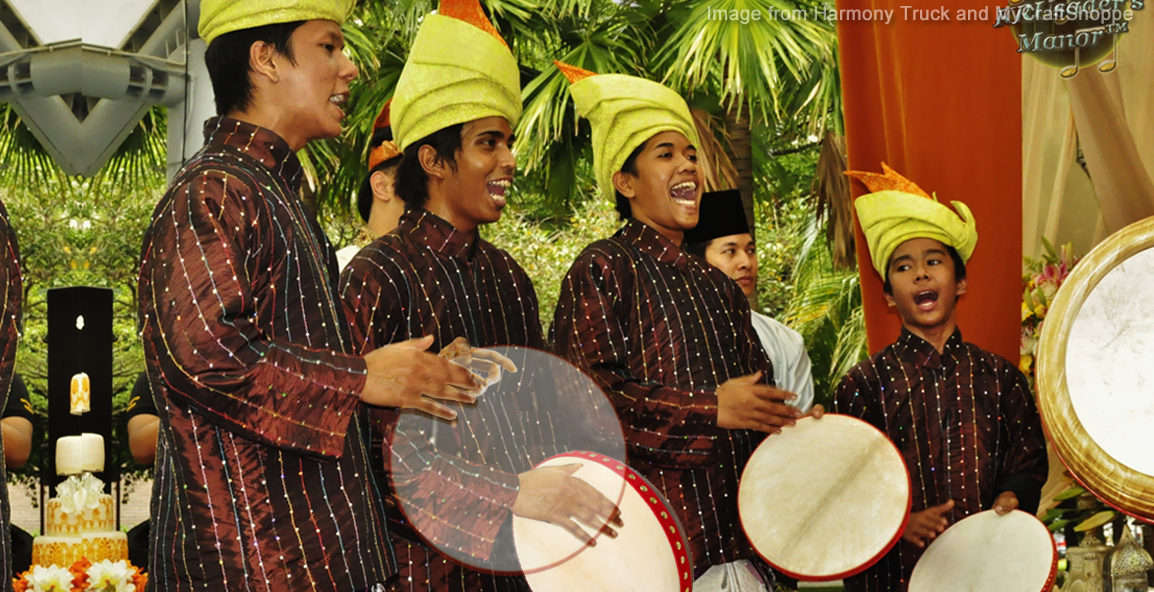OMG! Can this new keyboard replace traditional M’sian musicians?
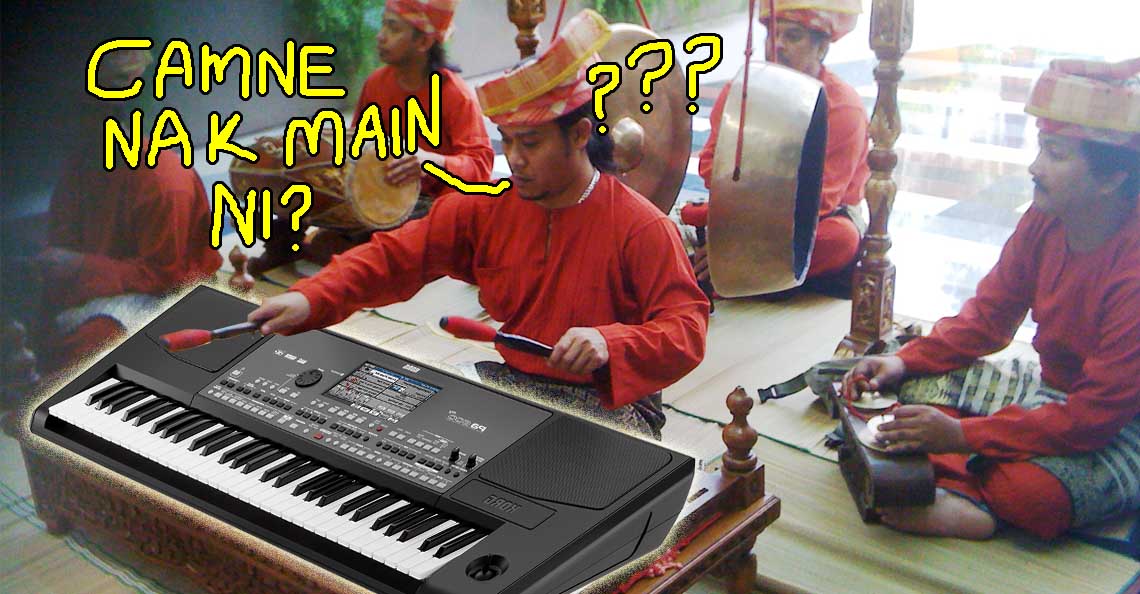
- 2.6KShares
- Facebook2.6K
- Email1
- WhatsApp2
Ever since our early ancestors discovered they could make music by whacking their hands on rocks, music has been a defining part of a culture anywhere in the world, with every one developing their own “style” of music and instruments. For example, Malaysia has loads of Malay and Orang Asal traditional music, but also the styles and instruments brought in by the Chinese and Indians.
But with the world getting smaller thanks to technology, most people have gone to embrace western music trends while traditional music has become more of a niche thing to cater to artsy-fartsy atas people and cultural celebrations. The niche-ness of traditional music has made it harder to learn (because there are less teachers) and, if you’ve ever tried to find a traditional instrumentalist, you’d realize that it isn’t as easy as looking for a guitarist.
But what if we told you that the music from this ↓
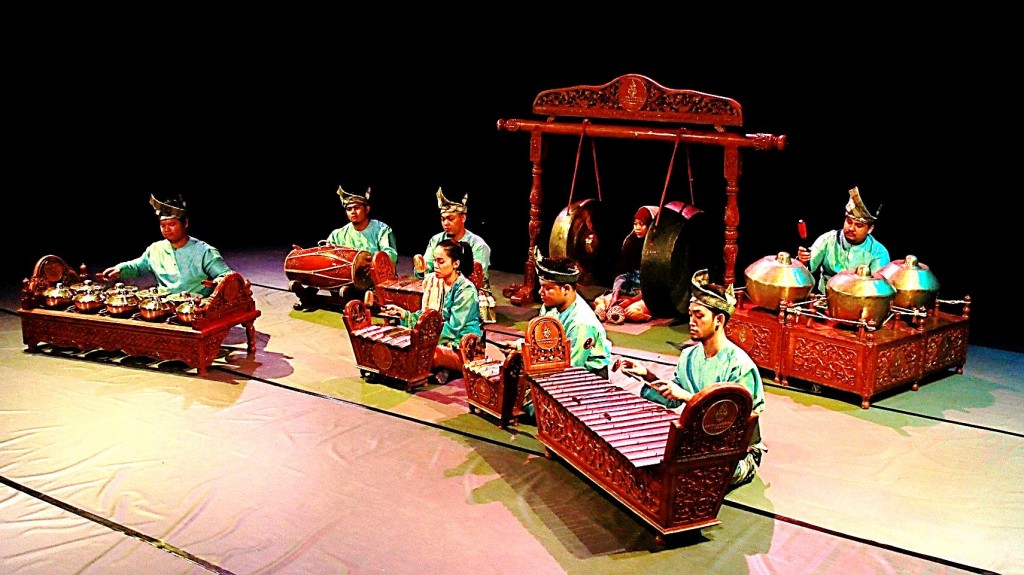
And this ↓
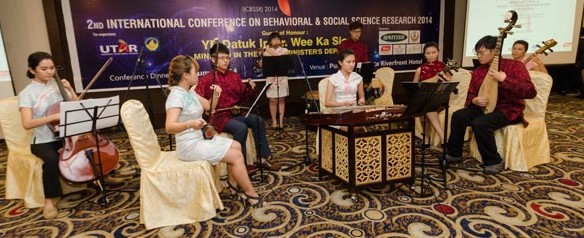
AND this ↓
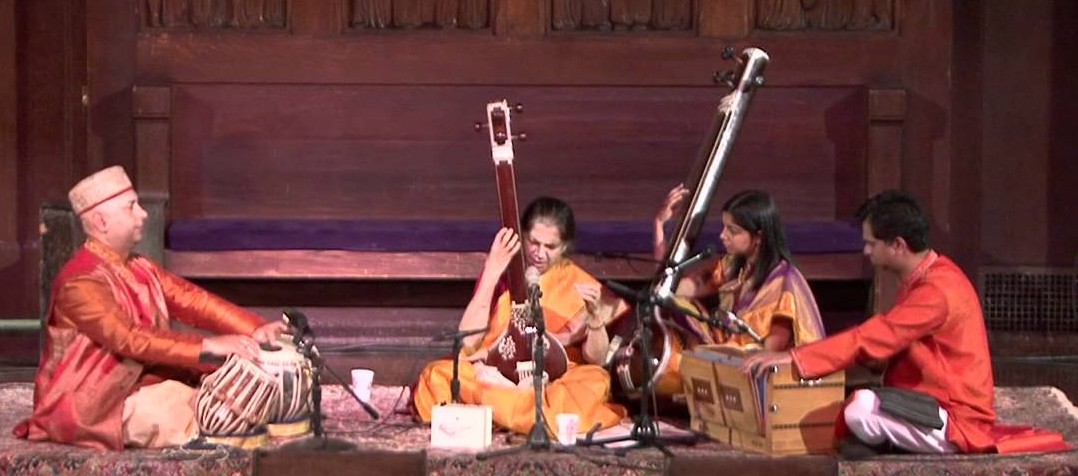
Can ALL be done with just *jeng jeng jeng* this? ↓
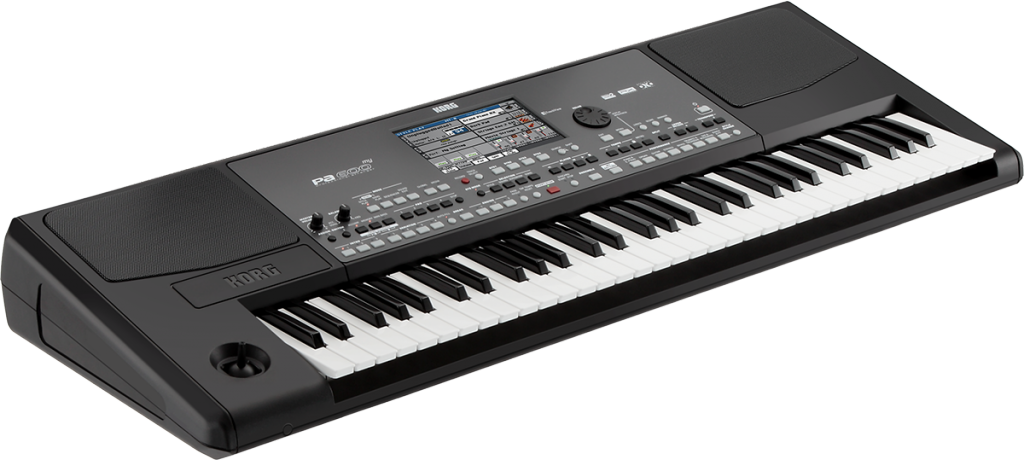
The Korg PA600MY is a keyboard made for Malaysians! (And no, we weren’t paid to write this)
As you might guess by the MY at the back, this keyboard isn’t your ordinary keyboard… it comes pre-loaded with sounds and music styles from the traditional Malay, Indian, and Chinese instruments! Local Korg distributor CK Music spent almost two years on this project after receiving numerous “demands and requests” from many Malaysians. Click here for specs.
Again, they didn’t pay us for writing this article either (boo). We decided to write about this after seeing the result of two years of painstaking work in action:
Additionally, click on the links below to watch this thing play Chinese instruments & Indian instruments.
Honestly, this sounds great to our semi-cultured ears. Like, if we heard it without watching the video we’d probably think it was a real gamelan or traditional Chinese orchestra… Which is why we’re also the worst people to tell you if this is a good product or not.
So instead, we passed the videos to some modern/western and traditional musicians to get their opinions on it. We spoke to:
- Syamimi – Caklempong & Marimba player | Orkestra Tradisional Malaysia
- Simon Chong – Zhong Ruan player | YDF Chinese Orchestra Performers
- Anonymous – Sheng player | DAMA Orchestra
- Kumar Karthigesu – Sitar player | The Temple of Fine Arts
- Clarence Chua – Guitarist | Theater of Sound
- Ross Ariffin – Pianist | Read our article about him here
Here’s what we found out…
This keyboard might help revive traditional music!

The reason why we got both traditional and modern/western musicians to give their opinions as because we thought that the western ones would be more open to accepting electronic substitutes compared to traditional instrumentalists. We were also kinda wrong.
For the most part, our traditional musicians acknowledged that the keyboard would make traditional music more accessible to the general audience because it will…
Cost less
“It’s useful for composers or keyboardists because they can save the cost of getting traditional instrument musicians just to play few lines.” – Anonymous Sheng player
“It would be cost effective for alot of clients seeking to hire a band which would be cut back to one or two musicians, especially if its a Malay Wedding or for a similar kinda setting.” – Ross
Make performances easier (less space and transport arrangements required)
[The keyboard] would be useful in making background music tracks (midi) for restaurants, events and live performances that needed some Chinese instruments sounds. I can see some live bands and theatre performers using it.” – Simon
Make it easier to write music
“This keyboard will help composers create traditional tunes easier, since they can do it at home [without a full orchestra] or live recordings” – Syamimi
So basically, there’s hope that this keyboard will encourage musicians and producers to start incorporating more traditional music in mass market songs, movie soundtracks, and advertisements which will also drum (heheh) up interest in the “real” thing.
However, they’ve also pointed out some not-so-positive things about it as well, like…
It will sound great to most people, but not to trained ears

If you’re like the 98% of us who’ll only listen to traditional music during Deepavali, Hari Raya, or Chinese New Year, you’d probably agree with us that the keyboard makes some pretty good-sounding music. However, musicians and fans of traditional music may be slightly less impressed:
“For audiences who don’t know what [the instruments] sound like, it’ll sound good. But to those used to listening to these instruments, they’ll be able to hear a difference.” – Kumar
This was something our musician friends noted as well:
“The Dizi and Guzheng sound acceptable, but the other instruments sounded inconsistent and not authentic. I am actually quite glad that the instrument is not perfect haha, otherwise we would have a smaller stand on our own ground!” – Simon
On top of all this, there’s also the concern that the convenience of being able to produce these sounds on a keyboard would make learning the actual instrument redundant:
“A product like this might stop people from wanting to learn the real instrument. Over time the instrument would phase out, even if the sound remains.” – Clarence
But in case you’re thinking that these guys are talking smack about this keyboard to jaga their periuk nasi, it isn’t really the case. They’re kinda pointing it out on technical grounds because…
The music will come out perfect…. but maybe a bit TOO perfect.
Waitttttt… isn’t perfection a good thing? Well, in most instances they are, but the problem with perfection is that it runs the risk of losing the human element – or what most people would call the “heart”. This is the same argument used against Autotune where sure, the vocals come out perfect, but it also removes the personality of the singer behind it… essentially making it soulless.
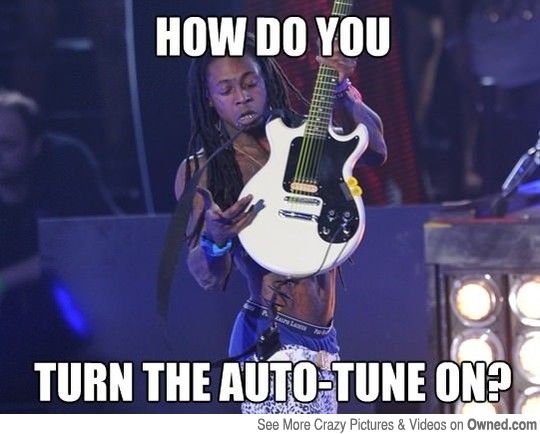
So in the case of keyboard versus real instrument, Ross points out there are little things that a person can do with an actual instrument that can’t be done with the pre-set styles in the keyboard:
“In a lot of live performances, slowing down or speeding up [as a way to connect to the audience] is harder to do with a set beat and style; so nothing beats the real thing with all the musical nuances for everyone to feel and experience” – Ross
“Indian classical music is famed for Gamaka – the subtle bending from one note to another without breaking the sound. These subtleties can never be replaced on a keyboard.” – Kumar
On that note (ha-ha), some of our musicians also pointed out that each instrument from the keyboard will always sound the same, which kinda takes away from the uniqueness that comes with traditional instruments:
“The crafting of a musical instrument greatly influences the sound produced by it, giving each one a unique tone.” – Simon
And not to mention, that you’d also need to be skilled to properly play the keyboard. Owning one won’t automagically make you a musician!
“The keyboard is only as good as the musician behind it. You’d have to really play the keyboard with the traditional instrument in mind. If not you’ll still sound like a keyboardist with a midi patch.” – Clarence
But… but… Think of all the cool mash-ups that we can do with this!
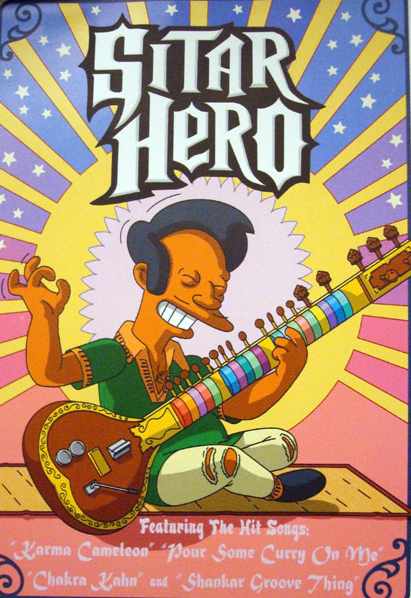
One of the main advantages of being a keyboard player is that you can almost be your own one-man band. According to Francis Khor, CK Music’s manager (and ex-Alleycats keyboardist #namedrop); the beauty of this keyboard is that you can start doing mashups between traditional music and other genres, like… a death metal band using traditional Chinese instruments or gamelan-Raggae.
And Clarence – who’s also a composer – had the same idea:
“This has a lot of potential. I would definitely use it for when I need to compose anything that is related to traditional music or even when it is required to fuse any modern music with traditional sounds.” – Clarence
In fact, imagine the possibilities of making music that involves influences from all three Malaysian races!
“This instrument will help to introduce the [Chinese] instrument sounds into Malay or Indian music, or a combination of all.” – Simon
So really, the possibilities are endless.
But it won’t be replacing our traditional musicians anytime soon
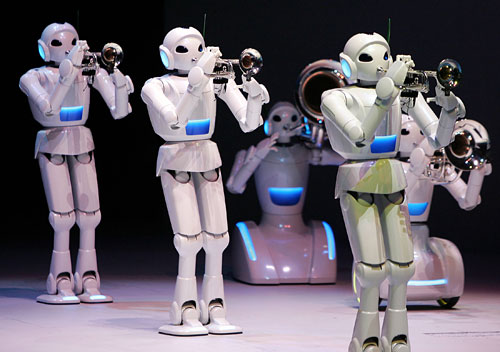
To most of the traditional musicians that we’ve spoken to, this keyboard isn’t really seen as a threat because, as our anonymous Sheng player points out, western classical music has been “threatened” by digital keyboards for years – but they’re still around!
What we see here isn’t a fight between the old and new, but the potential for seeing the classical and the digital working together to create new and interesting forms of music that would best benefit both kinds of artists:
To me, this keyboard is very interesting and necessary for composers who are interested in contemporary Malay gamelan, to create songs with traditional and modern elements – Syamimi
So perhaps it’s time we go back to why CK Music put so much work into this keyboard, which is to honor the diversity of Malaysian music and to help create awareness for the art – and they’re not even done yet. Francis tells us that they’ll still continue to develop new sounds for the keyboard, with the possibility of adding Orang Asal instruments in the future.
If you’re interested in checking out this keyboard, it’s already available for sale for RM 5,135. You can head to CK Music’s website by clicking the link here for more info or better yet, head over to their store in Jalan Imbi for a demonstration.
- 2.6KShares
- Facebook2.6K
- Email1
- WhatsApp2

